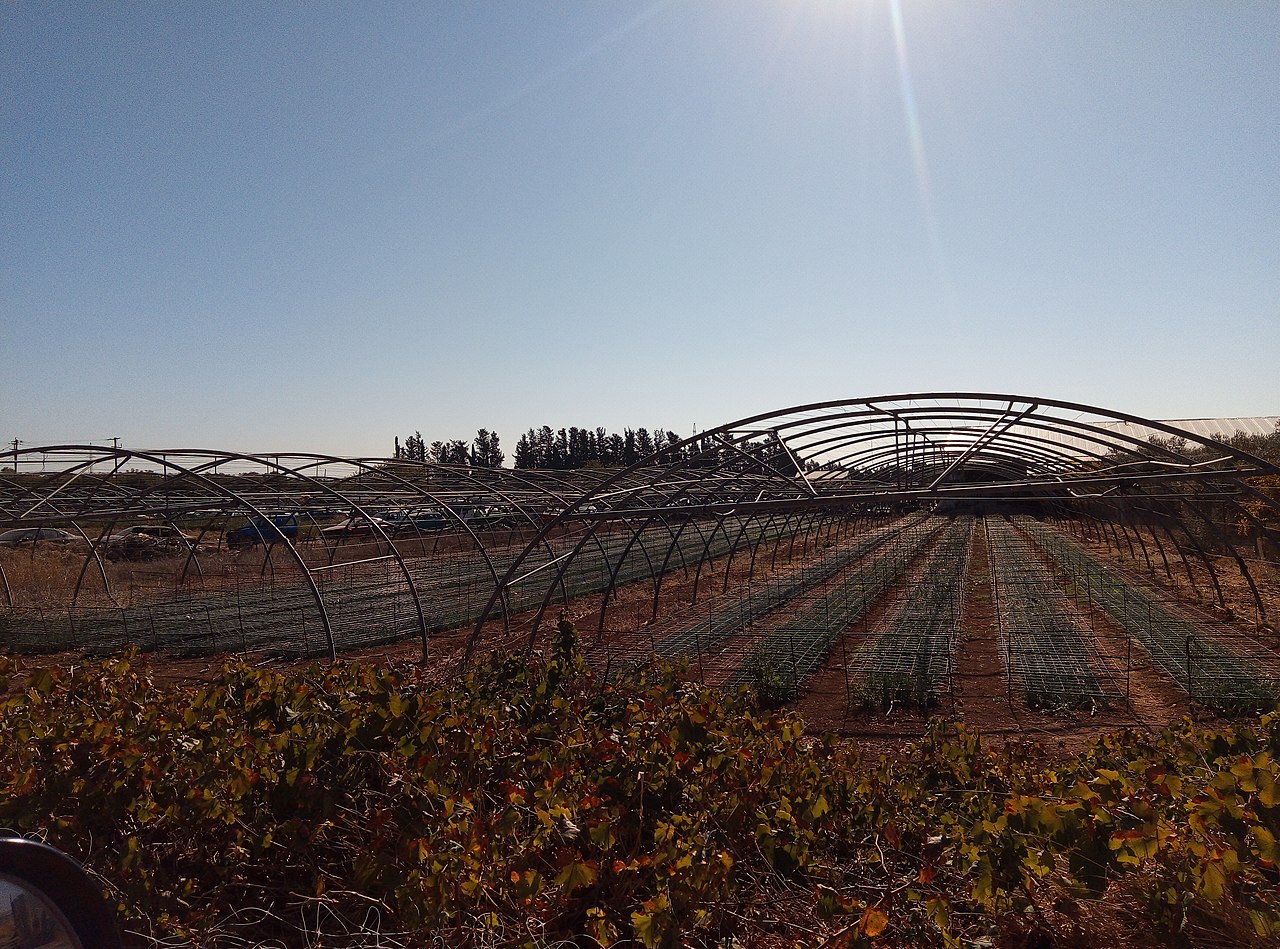Projections of Future Cropland Abandonment: Impacts to Biodiversity and Carbon Sequestration

Cropland abandonment occurs when ecological and economic shifts force farmers to retire lands formerly used to grow food. Without proper management, cropland abandonment can lead to soil erosion, inhibit nutrient cycling, increase wildfire risk, and threaten food security. However, if managed strategically, restoration of these abandoned lands can safely store climate-warming greenhouse gasses and enhance biodiversity.
While historical cropland abandonment is well documented, patterns of future abandonment are not well-understood. The first stage of our project examines where croplands are projected to be abandoned globally under several future climate change scenarios, and where abandonment overlaps with important areas for biodiversity and climate change mitigation. We find that cropland abandonment will be widespread in 2050, but the amount and location of abandoned croplands varies by climate scenario. Projected abandoned croplands consistently overlap with areas important to biodiversity and carbon sequestration, highlighting valuable conservation opportunities.
The next stage of our analysis focuses on Brazil, an essential region for global climate change mitigation and biodiversity preservation. Given a conservation budget, our analysis identified regions of Brazil where projected abandoned lands can be managed to maximize benefits for biodiversity and carbon sequestration. Our findings indicate that while patterns of cropland abandonment vary by region, conservation goals can be met by leveraging abandoned lands with existing policy mechanisms. Through our research and analysis, we hope to inform effective policies and management strategies that balance the need for agricultural production with climate and biodiversity goals.
Acknowledgements
Bren School: Dr. Ashley Larsen, Associate Professor; Nakoa Farrant, PhD Candidate; Robert Heilmayr, Assistant Professor
Conservation International: Patrick Roehrdanz, Director, Climate Change and Biodiversity; Cameryn Brock, Assistant Scientist, Climate Change and Biodiversity
Dr. Gabriela Duarte, Researcher, International Institute for Sustainability